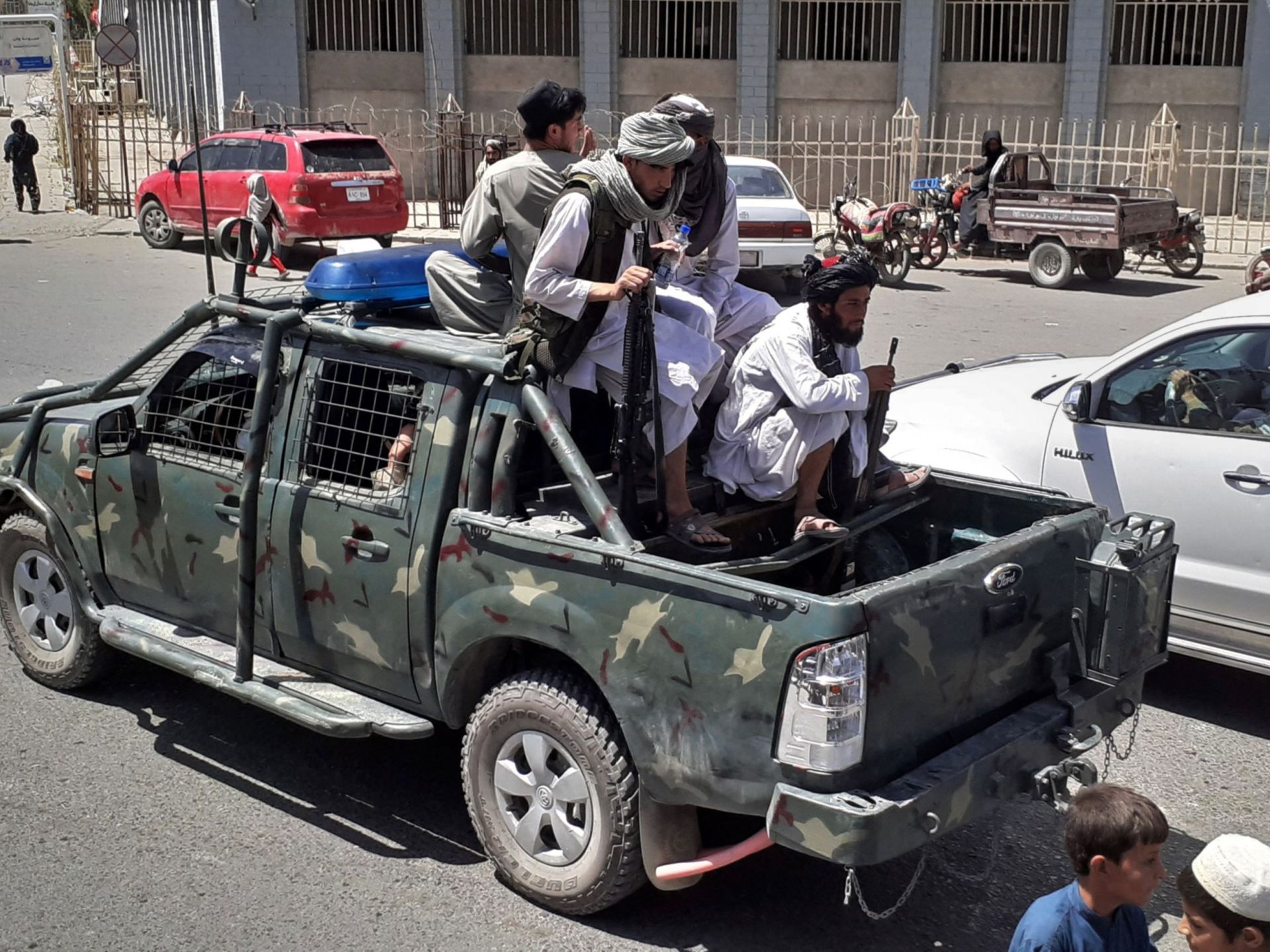Will biden recognize this murderous regime?

 www.newsmax.com
www.newsmax.com

Newsmax.com - Breaking news from around the globe
Newsmax.com reports today’s news headlines, live news stream, news videos from Americans and global readers seeking the latest in current events, politics, U.S., world news, health, finance, and more.


